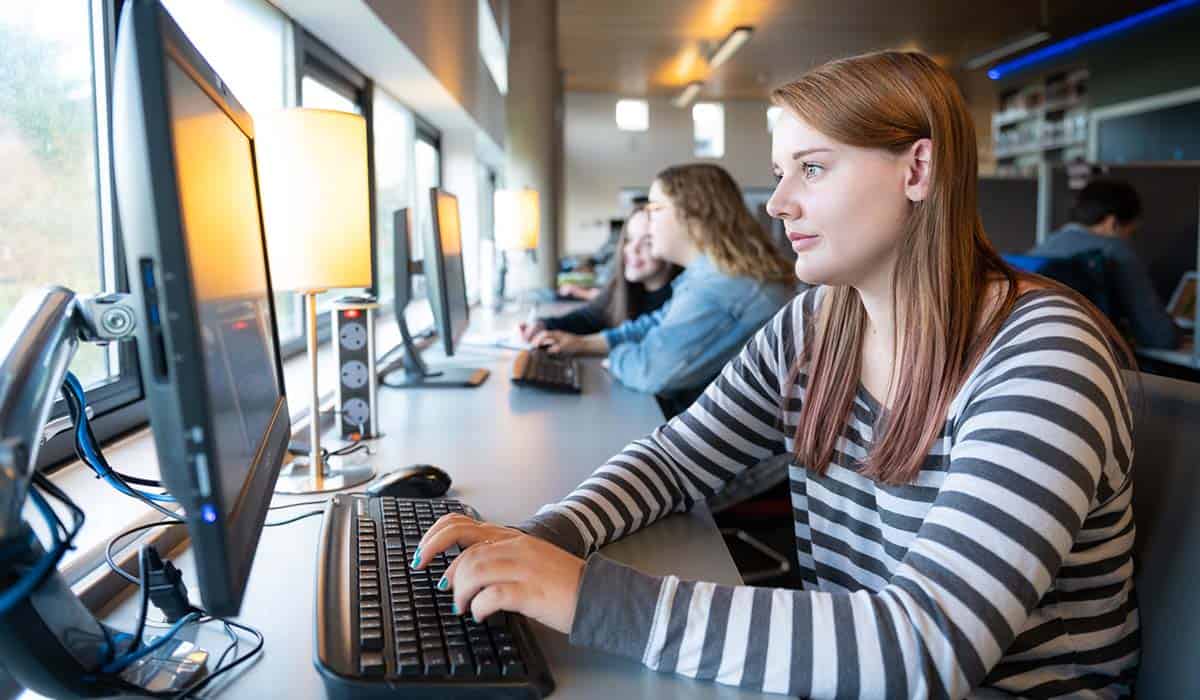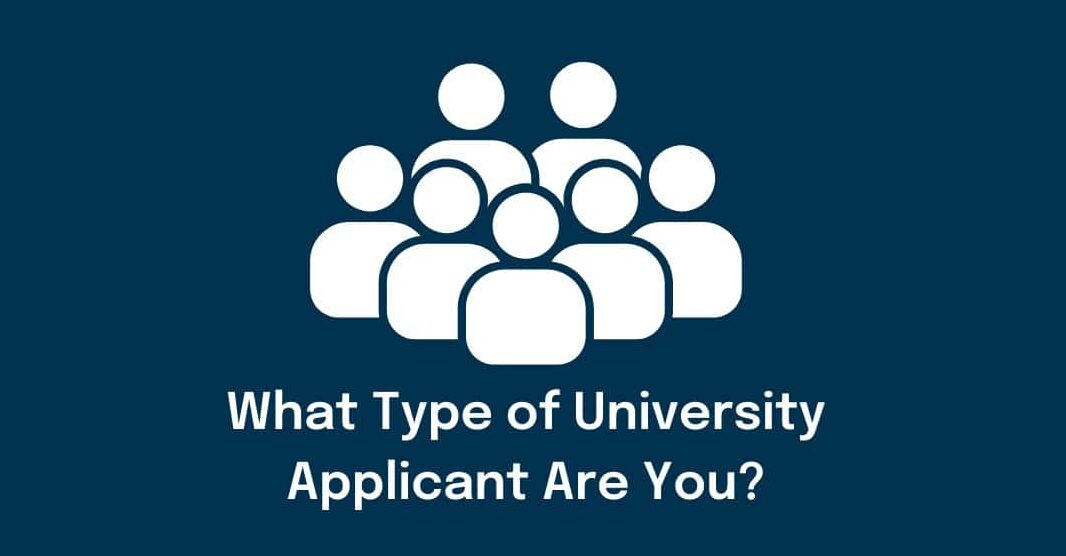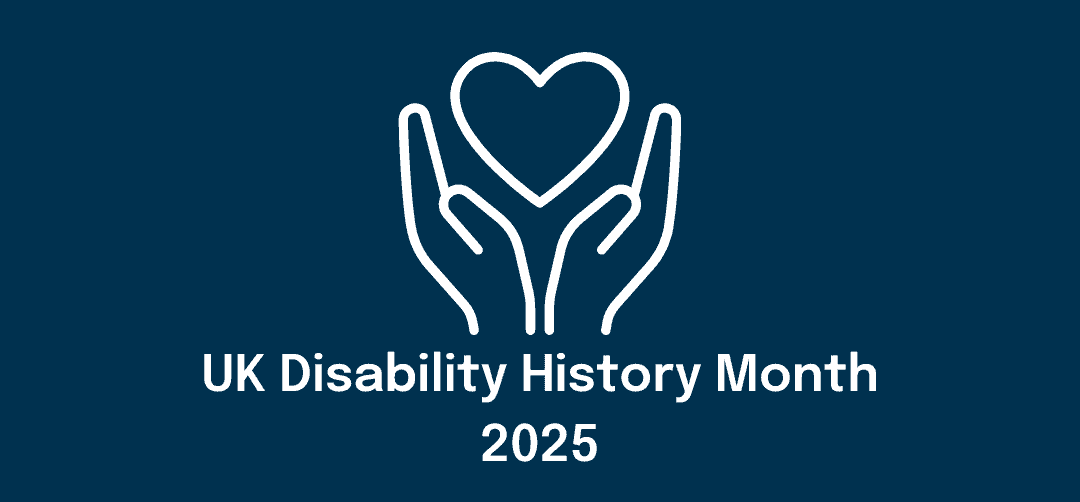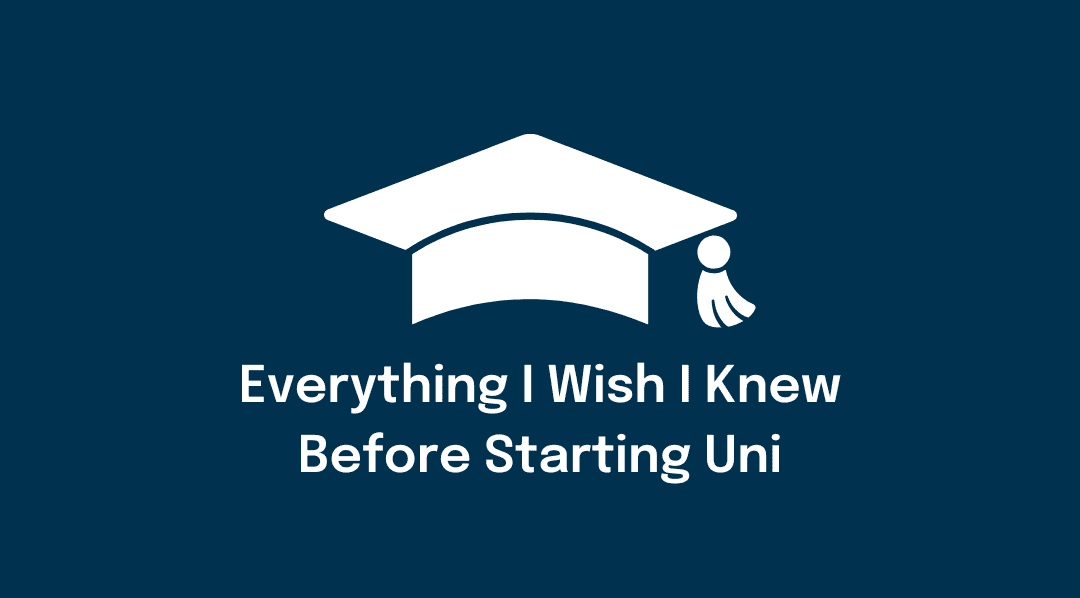A new world and a new way of working

“With the forced change that the pandemic has brought to the modes of learning I believe this can further challenge opinions that digital learning is in any way to be considered ‘less than’ the old world of time spent entirely on campus. As we emerge from lockdown into a new post pandemic world and with a promising future ahead of us, I have hope that the pre pandemic snobbery towards the online learner is left where it belongs and that is in the past.”
Cheryl Poynton-Cole, 2nd year BA (Hons) Creative Writing student
It has sometimes felt to me, and I may be right or wrong, that for many years some people in the world of academia expressed doubts about learning online when compared to more traditional lectures and seminars. In the effort to continue studies during the global pandemic of 2020, many people were forced to address their preconceived ideas and barriers to digital learning, when a blended learning approach was adopted.
At the University of Chichester as part of a societal effort to stop the spread of COVID19 and to protect lives, a programme of blended learning was delivered. With swift action this meant that courses were able to continue with minimal disruption to the students learning. With the aim of delivering modules with flexibility, this provided the students that were forced to shield, the opportunity to continue with their studies in the safety of their own homes.
Through careful planning and following the governments COVID safety guidelines, many campus spaces were used to continue with some face-to-face teaching. In the absence of live lectures, teaching staff were able to pre-record material for discussion during digital seminars and provided the relevant reading materials to support each module. The “Writing for the Screen” module was packed full of short films and wider reading giving the user the convenience of round the clock access to materials. The “Children’s fiction” module created a virtual space for group discussion and workshop allowing for peer interaction and creative sharing.
Prior to the Covid era, I wasn’t a complete stranger to learning online. Being a previous student at the Open University, I had already some experience of a programme of study being delivered via a virtual classroom. With the flexibility of this mode, I was able to continue to work in my full-time employment during the day, whilst at night progressing my personal and professional development. Many people were often misguided by the idea that, unless you were physically attending a lecture or you spent hours hunched over the classics in the library, you couldn’t possibly be getting the same degree as someone who had attended a university constructed out of bricks and mortar.
At the start of my academic journey, I was surprised to learn that so many people had concerns over distance learning. I had concerns that my academic achievement would not be valued by future employers or may not carry the same weight when applying for postgraduate study. I had considered the fact that during my career’s advice at the end of my secondary education, I was never advised about the possibility of accessing the same qualification through distance or online study.
My previous experience of online learning has taught me that regardless of my physical or digital setting, discipline, self-motivation and my engagement with the course materials were to be the biggest factors in determining my academic success. With the on-going commitment and encouragement from my University of Chichester teaching staff I have continued to progress through the course whilst utilising online workshops with my peers. There is evidence that many students at the University of Chichester have benefited from the mixed mode of teaching during this last academic year. With staff and students sharing information throughout of what has worked and what hasn’t. In response to this change in learning, it has pushed many students to work harder than ever before.
In the wake of the corona virus pandemic, it is likely that the economic fallout and financial implications could be felt for many years to come. There is also a possibility that there will be a rise in the amount of people returning to education with a need to retrain. With this change in the near future there will be a call for a more flexible approach to accessing higher education. Although the pandemic has had a catastrophic effect on many businesses and services, in my opinion, the game changer for the future of universities will be those that have the ability to adopt the option of mixed mode learning. Making this change could allow for a wider selection of courses and a larger number of places. The mixed mode learning has proved that it is an inclusive approach that has the ability to expand further the diversity and demographic of future students.
As an on and off campus student at the University of Chichester during the pandemic my experience has been, one that has shown, the consistency in teaching throughout. Having had the experience of both teaching modes I can conclude there is no difference in the level of dedication and commitment required to achieve. With the forced change that the pandemic has brought to the modes of learning I believe this can further challenge opinions that digital learning is in any way to be considered ‘less than’ the old world of time spent entirely on campus. As we emerge from lockdown into a new post pandemic world and with a promising future ahead of us, I have hope that the pre pandemic snobbery towards the online learner is left where it belongs and that is in the past.





